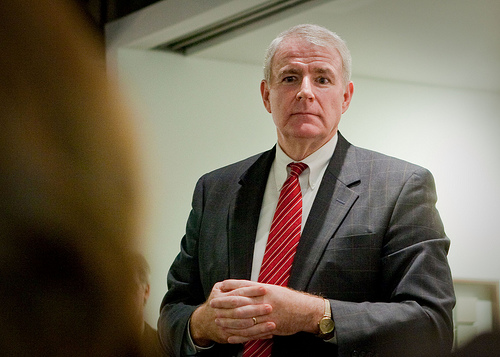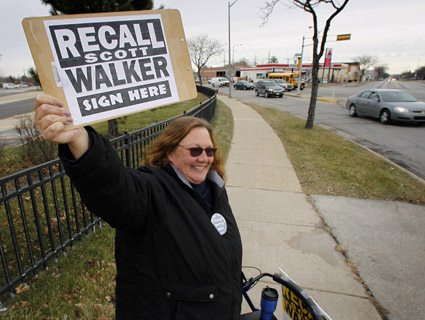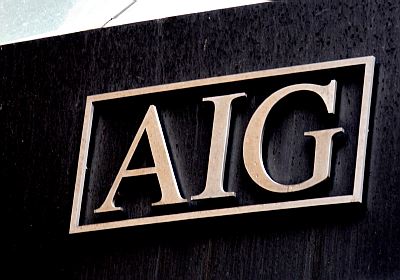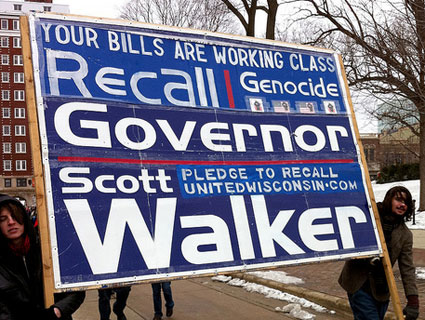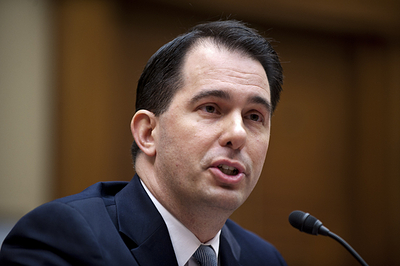
Wisconsin Gov. Scott WalkerPete Marovich/ZUMAPRESS.com
Wisconsin Gov. Scott Walker ignited massive protests when, last February, he sprung a surprise attack on the public-sector unions in his state. Later, Walker claimed his anti-union “budget-repair bill” was no surprise at all, and that he’d campaigned on those controversial reforms, including eliminating collective bargaining rights for most public-sector workers. PolitiFact Wisconsin rated that claim “false.”
Now, a new video unearthed by a liberal Wisconsin blogger shows Walker, then a gubernatorial candidate, saying he would negotiate with state employee unions over changes to their pension benefits. In an interview a week before the November 2010 election with the editorial board of the Oshkosh Northwestern, Walker was asked if he’d use collective bargaining to get unions to potentially pay more into their pension plans. “Yep,” Walker said in response, nodding. Referring to changing pension benefits, he added, “You still have to negotiate it. I did that at the county as well.”
Of course, once governor, Walker did not negotiate. He “dropped the bomb,” in his words, that was his budget-repair bill and then refused to meet with outraged labor unions. He held firm as tens of thousands of protesters marched in the streets surrounding the state capital in Madison, chanted outside his window, and demanded that he roll back his anti-union legislation. In the end Walker’s bill passed fully intact.
The budget bill fight sparked the recall elections of nine state senators—six Republicans and three Democrats—in the fall of 2011. Two Republicans lost in those elections, which left the GOP with a slim one-vote majority in the state senate. Walker’s refusal to negotiate with workers and union leaders over his anti-union legislation also set in motion a statewide effort to recall him and Lt. Gov. Rebecca Kleefisch. That election is expected to take place in May or June.
Here’s the video of Walker’s pledge to bargain:
Here’s the key exchange:
Editorial Board Member: Before, we were talking about state employees contributing to their plan, paying their share of the pension plan. Collective bargaining come into that?
Walker: Yep. (nodding yes)
Editorial Board Member: How do you get that negotiated and accepted by the state employee unions?
Walker: You still have to negotiate it. I did that at the county as well.
Cullen Werwie, a spokesman for Gov. Walker, and Ciara Matthews, a spokeswoman for Scott Walker’s recall campaign, did not immediately respond to requests for comment Monday.
We Are Wisconsin, a coalition of labor unions that has spearheaded the Walker opposition effort, called the video a “game-changing development” in the push to recall Walker. Graeme Zielinski, a spokesman for the Democratic Party of Wisconsin, says the video not only further disproves Walker’s claim that he campaigned on curbing collective bargaining rights, but “shows him saying he he would do exactly the opposite. Here is visual evidence of Scott Walker lying.”

